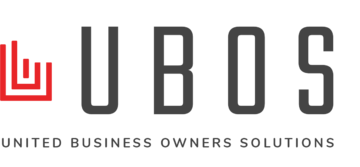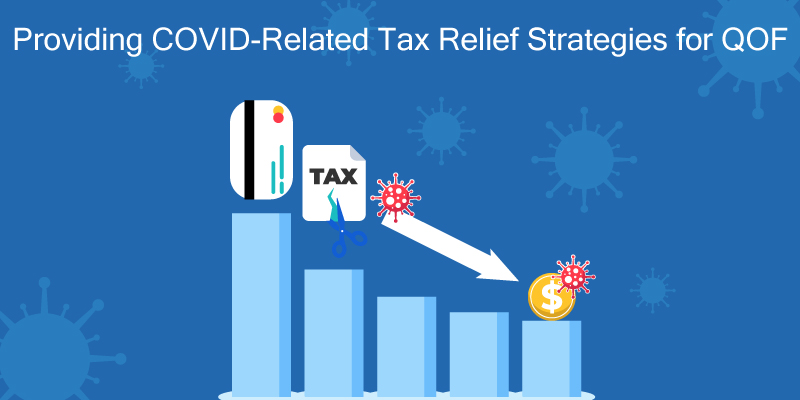Providing COVID-Related Tax Relief Strategies for QOF
UBOS is Providing COVID-Related Tax Relief Strategies for QOF
When taxpayers sell a property for an eligible capital gain, they have 180 days to invest in Qualified Opportunity Funds (QOF) if they want to defer that gain. For some taxpayers that have been impacted by the COVID-19 pandemic, you might have extra time to make that investment.
The IRS recently sent out Notice 2020-39 under section 1400Z-2 of the Internal Revenue Code — the section that gives taxpayers the option to defer a gain via investment in a QOF. Notice 2020-39 gives COVID-related guidelines to taxpayers that weren’t able to invest in a QOF within the specified time period — 180 days.
If your 180th day falls anywhere between April 1, 2020 and December 31, 2020, you are now being given until December 31, 2020 to invest in the QOF. This means some taxpayers could potentially receive nearly 8 months of additional time.
Unfortunately, this won’t take effect for S-corporations or partnerships that were given a March 15 deadline.
WHAT ELSE DOES NOTICE 2020-39 STATE?
Adding to the benefit for some taxpayers, if your QOF investment fails the standard 90% semiannual testing at any point from April 1, 2020 to December 31, 2020, it won’t be penalized and will fall under reasonable cause — section 1400Z-2(f)(3).
Notice 2020-39 also gave notice that the 30-month “substantial improvement” period will be suspended from April 1, 2020 to December 31, 2020. The 30-month period begins after the date of acquisition of property, but will exclude these 9 months out of the 2020 calendar year.
When President Donald Trump declared all 50 states federal disaster areas due to COVID-19, the Qualified Opportunity Zone Businesses that were intending on holding working capital with a plan to release funds within 31 months under the Working Capital Safe Harbour may have up to an additional 24 months to expend the assets.
The final major guidance provided by Notice 2020-39 gives a QOF an extra 12 months to invest funds from a sold property or capital returned. This won’t affect or impact the standard 90% investment expectation and is extended to any QOF with a 12-month investment period containing January 20, 2020.
Of course, COVID-19 has impacted QOF investments in many other ways and the IRS has been working hard to keep everyone updated. You can view the full list of FAQ answered by the IRS here.
WHAT ABOUT INSTALLMENT SALE STRATEGIES?
If you’re involved in an installment sale, which is when possession is granted to a buyer that agrees to pay you over a specified period of time, there’s a way you could defer the interest gain of that property.
Thanks to IRS tax code M453, you won’t have to pay capital gains taxes on that property until you start to collect principal funds. That means any taxes you would’ve owed would be pushed back to a later date.
Deferred Sales Trusts and Money Installment Loans are common strategies that work here. They involve a third-party outside of the buyer and seller that promises to accept the payments from the purchaser, provide immediate funds to the seller, and defer capital gains into the future.
With these strategies, you can either choose to receive the funds in the form of a loan or a steady stream of payments. If you’re looking for more strategies when deferring capital gains, contact the professionals at UBOS!


Your Comment
Leave a Reply Now